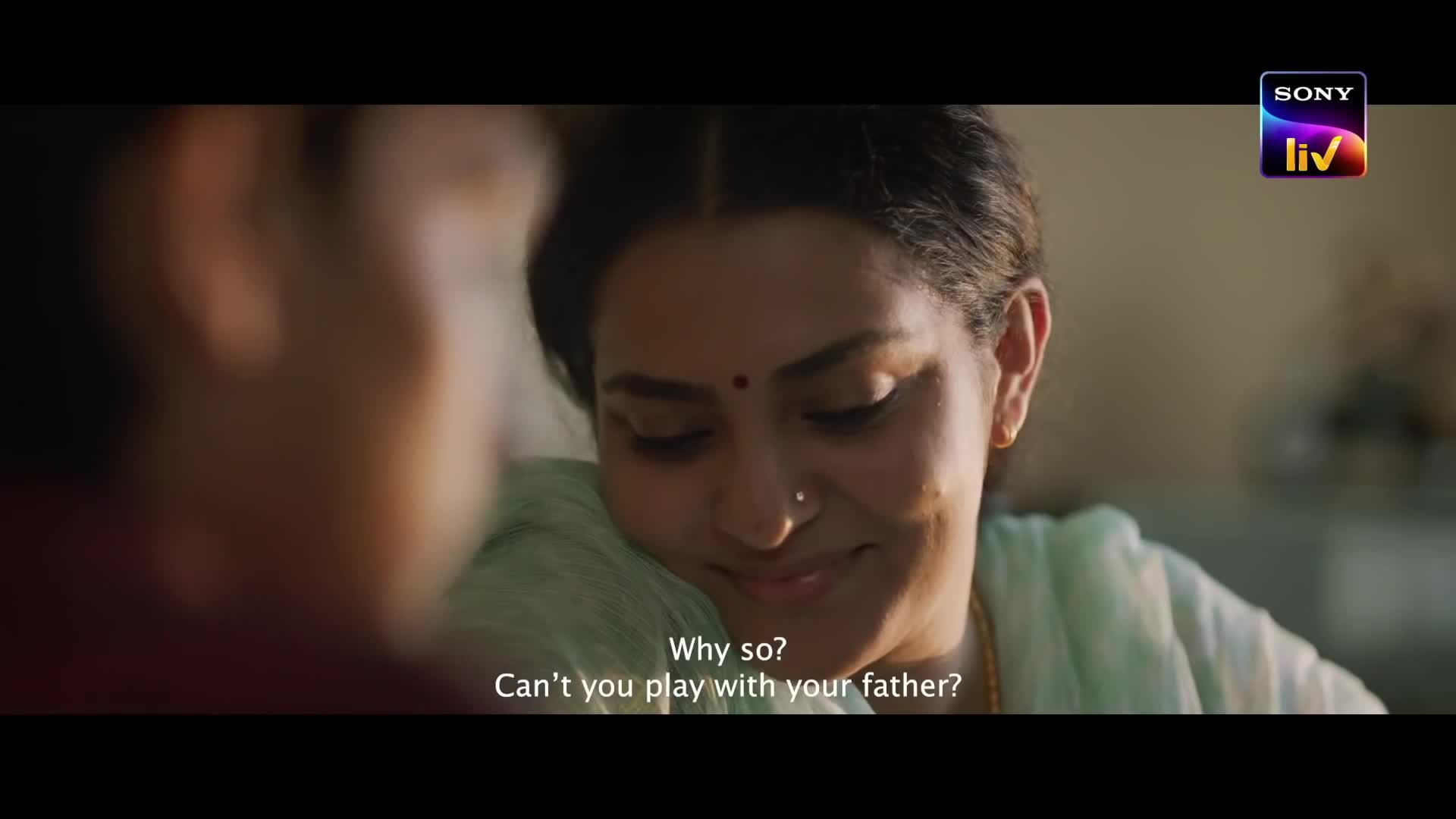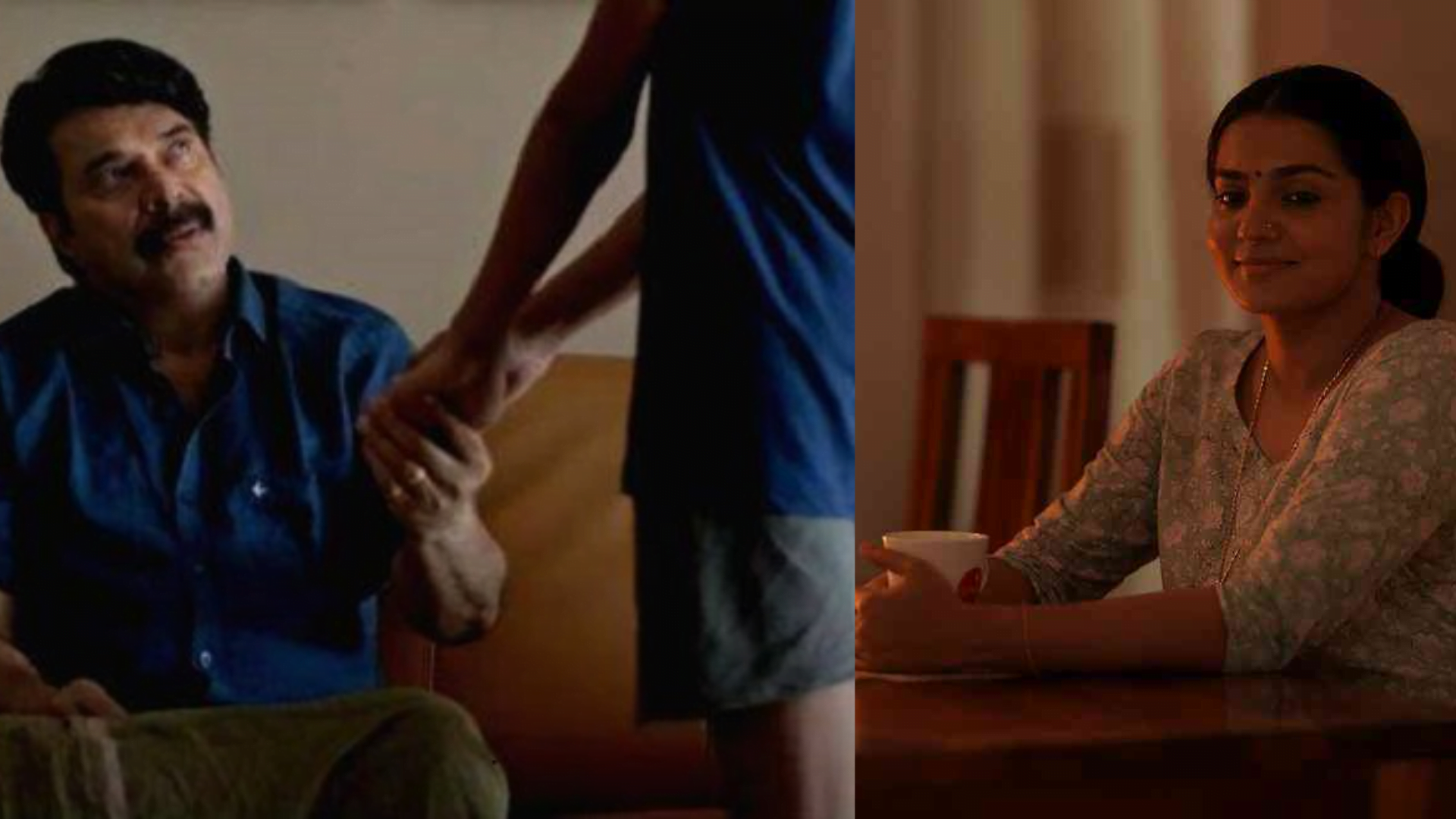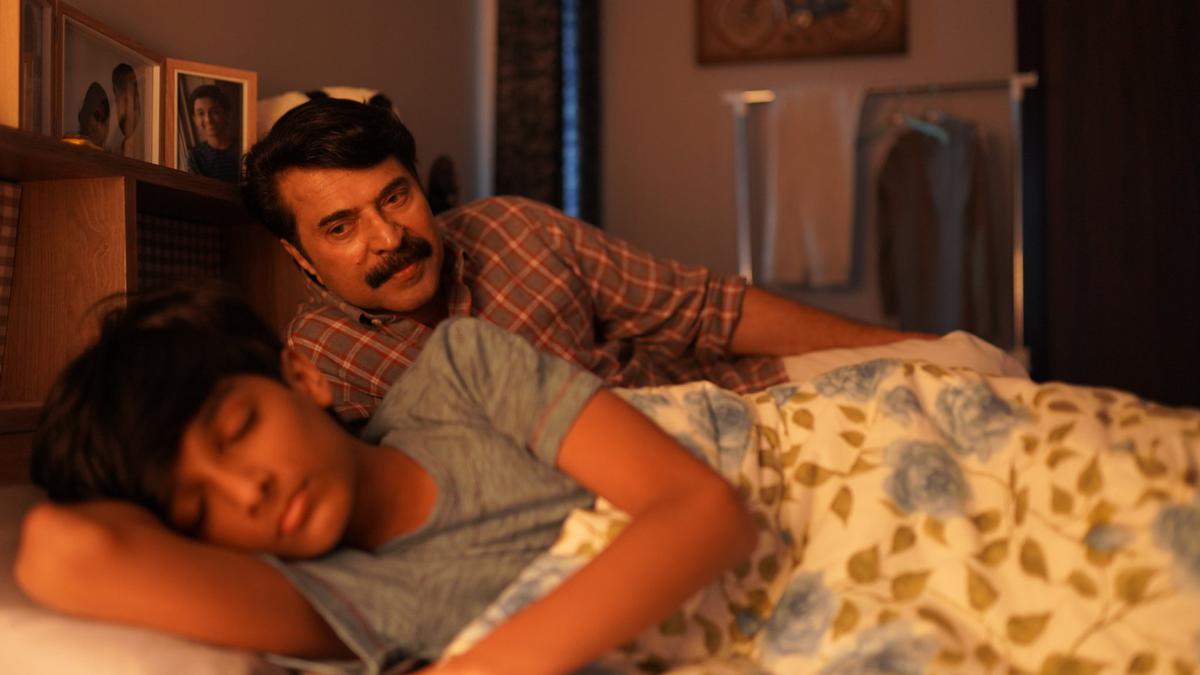Ratheena’s directorial debut film, ‘Puzhu’, translates to ‘worm’. Jointly written by Harshad, Sharfu and Suhas, the film appears almost wormly in its treatment of various issues like casteism, Islamophobia, unresolved trauma and abusive parenthood. Created as a slow-burning thriller, the film creeps up your skin just like the worm that Takshak turned himself into to kill Parikshit, which also happens to be the mythological reference with which the film begins and ends.
The brilliance of ‘Puzhu’ lies in the fact that it does not preach what we already know. The simplicity with which it shows the bigotry of the central character Kuttan, played by the brilliant Mammoty, might remind one of the simplicity of Joe Baby’s ‘The Great Indian Kitchen’. It shows how society operates through the narrative of toxic love and also establishes how utopian the idea of change actually is.
The film primarily focuses on the tense relationship between Kuttan and his son. Being a widower, Kuttan gives all his attention to his son, which turns suffocating and toxic. Kuttan himself has survived an abusive father and clearly has unresolved issues of his own. He believes he is giving his son a much better life simply because he is not beating him up like his father used to do. Kuttan’s issues are deeply seated in his psyche, and as the narrative progresses, we realise there is really no hope left for this character.
The film primarily focuses on the tense relationship between Kuttan and his son. Being a widower, Kuttan gives all his attention to his son, which turns suffocating and toxic. Kuttan himself has survived an abusive father and clearly has unresolved issues of his own. He believes he is giving his son a much better life simply because he is not beating him up like his father used to do. Kuttan’s issues are deeply seated in his psyche, and as the narrative progresses, we realise there is really no hope left for this character.
The film appears thematically similar to another Malayalam film ‘Kala’; however, the way ‘Puzhu’ deals with issues of casteism, toxic masculinity and oppressive parenthood is vastly different from it. While in ‘Kala’, almost all the tension had manifested itself through physical violence, there was barely any physical struggle seen in ‘Puzhu’. The violence here works on a mental level, and that is what makes it even more uncomfortable to watch because each minute of the film makes the audience brew with anticipation of something violent happening and yet gives them that relief almost toward the end of the film.
What struck me as the most interesting aspect of the film is the treatment of the character of Kuttappan, played by Appunni Sasi. He is a successful playwright and actor belonging to a lower caste who has married Bharati, Kuttan’s sister. However, Kuttappan’s rage is barely visible in his personality and action, and instead, he rather channels it in his plays. He is always seen with a smile, almost never losing his temper. He is denied places of residence because of his caste; his wife’s brother clearly despises him, and yet he takes it all with a calming smile because he is way too aware of the reality to expect anything else. The only time he loses his temper is when a government employee comments on the absurdity of his marriage to an upper caste Bharati and even after that, he is quick to resolve the issue.

Kuttappan is someone who does not bow to the system but does so with such a matter-of-fact attitude that it reminded me of the characters of the show ‘Atlanta’, who weren’t really surprised at anything that came their way because of a bigoted system.
Throughout the film, we keep anticipating something to happen. We expect Kuttan’s visible rage to topple over, and that actually does happen. Toward the end of the film, the issues of honour killing and Islamophobia are dealt head-on with extreme results. The stoicism with which Kuttan does as he pleases almost appears surreal and is bound to make the viewers question how far we have in reality come across as a society, with all the ‘wokeness’ we see around us.
Throughout the film, we keep anticipating something to happen. We expect Kuttan’s visible rage to topple over, and that actually does happen. Toward the end of the film, the issues of honour killing and Islamophobia are dealt head-on with extreme results. The stoicism with which Kuttan does as he pleases almost appears surreal and is bound to make the viewers question how far we have in reality come across as a society, with all the ‘wokeness’ we see around us.
Image source: The Hindu
The society in which Kuttan resides might remind one of the Sunflower society (from the show of the same name), where a number of the residents believed they belonged above everyone and had a status to maintain and so denied residence to anyone and everyone who they did not deem fit. The film is a hauntingly beautiful commentary on the concept of outsiders and how it is the ones belonging to the privileged strata of the society who bring along the concept of the “other” to make their existence more meaningful and give them a sense of purpose.
Also read: Cinema Of Male Apathy: Rape Scenes In Malayalam Films Through The Ages
The ending of the film proved that Kuttan was not wrong in thinking that someone wanted to kill him. The audience probably would have liked it better if his fears were proven to be baseless because that seemed like something an overtly self-focused person like him would do. The ending, though a bit hasty, highlights the fact that the judiciary system keeps failing innocent people and sometimes, one is pushed to take the law into their own hands. Kuttan causes four murders in the film, both actively and passively and yet nothing would have happened to him because of the class he belongs to.
The film works well as a thriller while never failing to comment on the failing society we live in. It is very concise in its plot construction as well as characterisation, and that is why the commentary it presents on heavyweight issues like parental abuse, casteism and Islamophobia never appear as preaching. It proceeds rather slowly but keeps the viewers on the edge of their seats with its foreshadowing quality. This is what makes it one of the films that should not really be missed.
Also read: Film Review: Biriyani – A Gripping Take On The Life Of Muslim Women In Kerala
Pramila is a postgraduate in English Language and Literature who is finding her way through life with a lot of chaos but definite progress. She attempts to be a voracious reader and is a bit obsessed with the new genre of sadcom shows that are on the rise. Trying to be a better feminist every day, she survives on books, tea, and all things blue. She can be found on Facebook.






